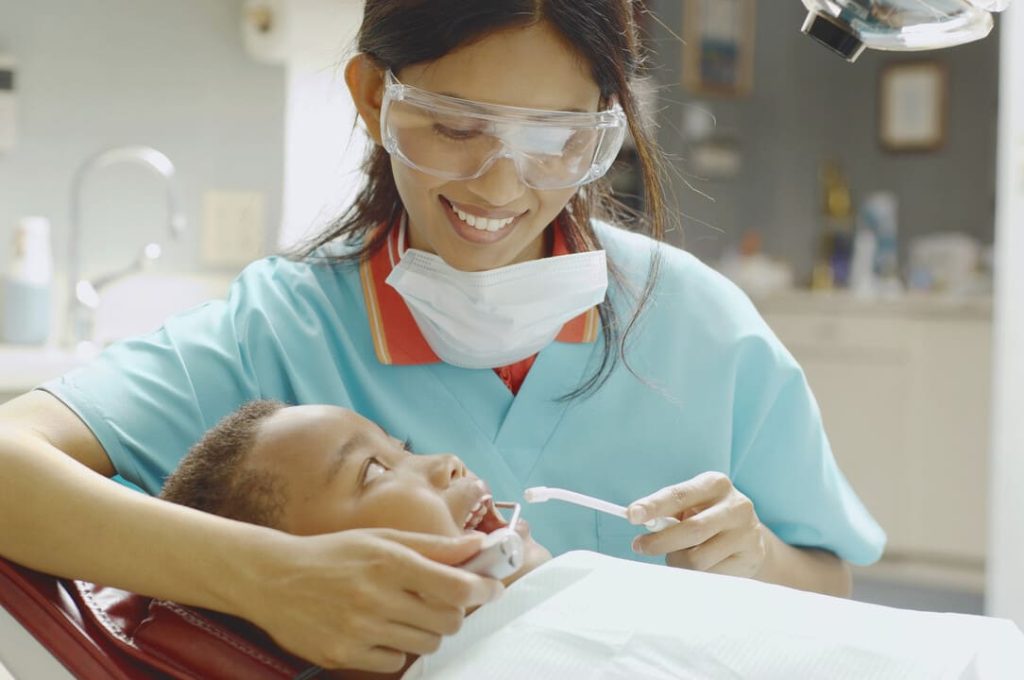Exploring The Role Of General Dentists In Sleep Apnea Management

In the vast world of oral health, there’s more than just cavities or union square peridontal disease to consider. One concern that’s gaining attention is sleep apnea. This sleep disorder might not seem related to dentistry at first glance, but general dentists play a crucial role in its management. They are the unsung heroes of sleep, working behind the scenes to help patients regain restful nights. Today, we’ll venture into this surprising intersection of dentistry and sleep health. We’ll examine the ways in which our general dentists tackle sleep apnea, offering much more than routine cleaning.
The Unseen Link Between Oral Health and Sleep Apnea
Sleep apnea is a disorder where breathing stops and starts during sleep. It can be caused by various factors, including obesity, age, or narrowed airways. But there’s another factor that’s often overlooked – oral health. Research has shown that dental conditions such as overbite or certain jaw structures can contribute to sleep apnea. In fact, dentists are often the first to notice these issues during routine check-ups.
How General Dentists Manage Sleep Apnea
General dentists have several tools at their disposal to help manage sleep apnea. The first step is often screening – they may ask patients about sleep habits or snoring. They can also examine oral anatomy for potential signs of sleep apnea.
If sleep apnea is suspected, dentists might recommend an overnight sleep study. From these results, they can suggest various treatment options. Some might involve lifestyle changes, like weight loss or quitting smoking. Others might involve dental devices, like oral appliances that keep airways open during sleep.
Oral Appliances Versus Traditional Treatments
In the battle against sleep apnea, oral appliances can be a game changer. They’re custom-made by dentists to fit each patient’s mouth. They work by gently shifting the jaw or tongue forward, preventing the airway from collapsing during sleep. This is a stark contrast to traditional treatments like CPAP machines, which can be cumbersome and uncomfortable.
| TREATMENT METHOD | PROS | CONS |
| Oral Appliance | Custom fit, comfortable, portable | May require adjustments over time |
| CPAP Machine | Effective in severe sleep apnea cases | Can be bulky, noisy, and uncomfortable |
In conclusion, our general dentists offer indispensable aid in managing sleep apnea. They serve as the vigilant gatekeepers of our sleep health, spotting potential concerns long before they become major issues. As we continue to explore this intersection of dental and sleep health, their role will only become more important. So the next time you’re in a dentist’s chair, remember – they’re doing more than just checking for cavities or periodontal disease.